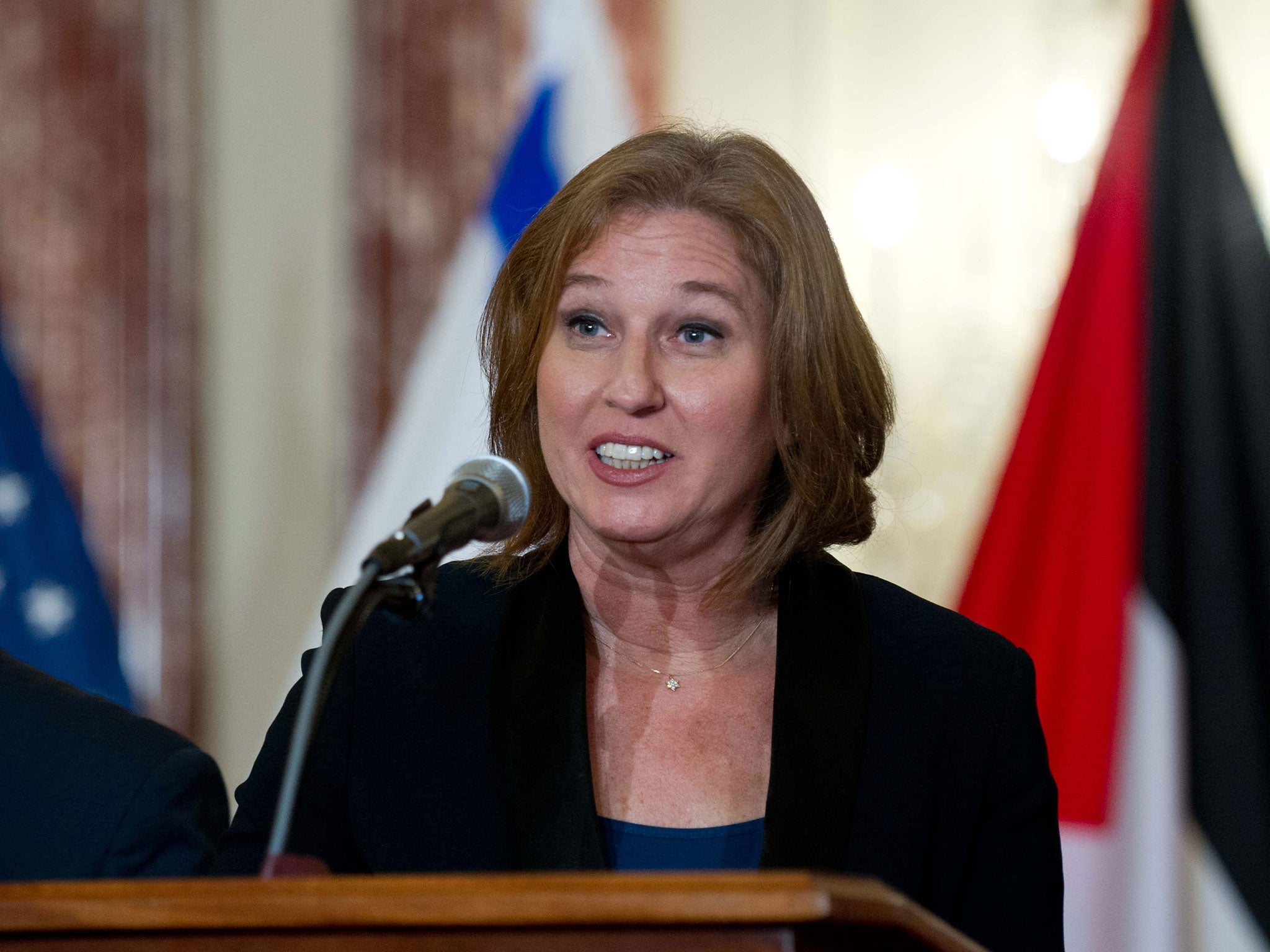Israel's cabinet approves new national priorities plan

Your support helps us to tell the story
From reproductive rights to climate change to Big Tech, The Independent is on the ground when the story is developing. Whether it's investigating the financials of Elon Musk's pro-Trump PAC or producing our latest documentary, 'The A Word', which shines a light on the American women fighting for reproductive rights, we know how important it is to parse out the facts from the messaging.
At such a critical moment in US history, we need reporters on the ground. Your donation allows us to keep sending journalists to speak to both sides of the story.
The Independent is trusted by Americans across the entire political spectrum. And unlike many other quality news outlets, we choose not to lock Americans out of our reporting and analysis with paywalls. We believe quality journalism should be available to everyone, paid for by those who can afford it.
Your support makes all the difference.Israel’s cabinet today approved a new national priorities plan, which will see preferential funding going to outposts in the occupied West Bank, which just a few months ago, even the Israel government considered to be illegal.
Under the plan, state grants will be available to three outposts, on security grounds. A further five settlements will also be entitled to the taxpayer funds. Outposts are Jewish camps or villages that even Israel does not consider to be legal, while settlements are considered to be illegal under international law. A number of areas inhabited by former settlers in Gaza – before the Israeli withdrawal in 2005 – were also included on the new list.
The decision, which will be welcomed by the right wingers in the Israeli cabinet, will no doubt infuriate the Palestinians, just days after the first direct peace talks between the two sides for almost three years.
Tzipi Livni, the Israeli justice minister and chief negotiator in the peace talks abstained from the vote, but is understood to have attacked the decision during the cabinet meeting.
The government said that the decision was related to security concerns, rather than any policy of settlement expansion. It comes just a fortnight after the European Union told its members that they could not enter into agreements with Israel unless it was specified that settlements were explicitly excluded. The move led to outrage on the right in Israel.
The decision to provide extra funding to the outposts and settlements comes a week after the Israeli government acceded to Palestinian demands to release 104 prisoners, who have been held since before the Oslo peace accord in 1993. The policy, which was led by Prime Minister Benjamin Netanyahu, caused consternation among government right-wingers.
The first batch of prisoners is due to be released on 13 August. It is believed that 26 will be freed in what will be the first of four stages of releases.
Join our commenting forum
Join thought-provoking conversations, follow other Independent readers and see their replies
0Comments